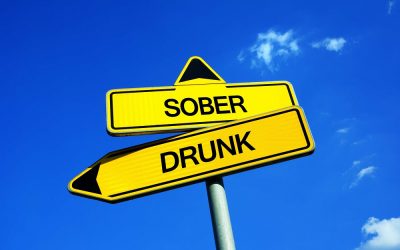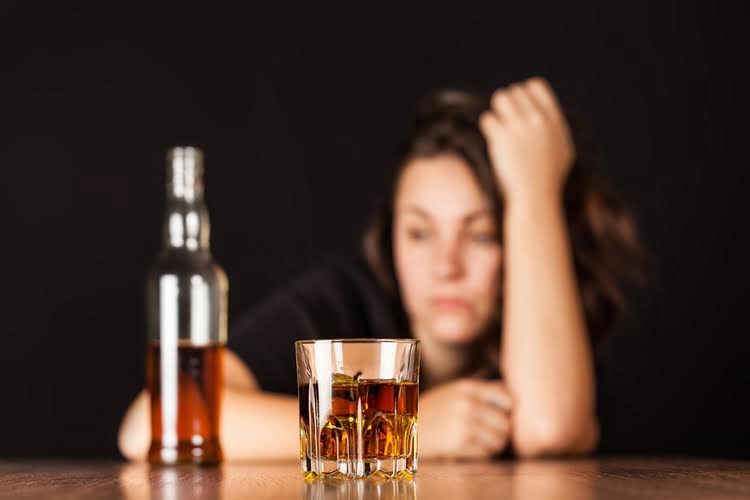When that numbing sensation disappears entirely, the brain is left dangerously overstimulated. Insomnia, anxiety and paranoia — the opposite effects of alcohol — are the expected results. Thus, a user will likely seek out alcohol again to rid themselves of the uncomfortable withdrawal symptoms. Tapering is meant to reduce the withdrawal symptoms from quitting alcohol, but this isn’t a guarantee.
- Stopping alcohol can be rewarding, but it’s not without challenges.
- It’s important to remember that tapering off alcohol is a significant change that requires commitment and support.
- Deciding to reduce or eliminate your alcohol consumption is a big step and will open up a whole new world of improved health and well-being.
- Still, they may need to consider cutting back for other physical, mental, and social health reasons.
- Tapering off alcohol at home versus under medical supervision can also lengthen the process, for the sake of safety.
Tapering Off Alcohol: Does It Work? Is it Safe?
The timeline for alcohol withdrawal will be different for each individual. However, here is a sample timeline of what the average person can expect. Don’t quit other lighter substances while you’re detoxing from alcohol. I’m specifically talking about things like weed, cigarettes, and vaping.
Pros and Cons of Tapering Off Alcohol Intake
You should always seek medical advice before attempting any kind of alcohol withdrawal. People with moderate to severe alcohol addiction may find an alcohol taper difficult to accomplish. If you have trouble controlling how much you drink or experience significant http://forum-abkhazia.ru/showthread-t_1454-page_9.html alcohol cravings, you may need professional help instead of trying to taper your alcohol use at home. It can be tempting to just “rip off the Band-Aid” when getting sober, but tapering off alcohol is often much safer—and much less stressful.
Avoid Places or Situations that Involve Alcohol

Once your taper is complete, discard or immediately give away any remaining alcohol in your house and try to avoid high-risk environments such as bars, liquor stores, casinos, etc. The hardest thing will https://www.playterritory.com/puzzle/261/justin-bieber-at-the-doctor.html probably be to stop yourself from starting again. I’ll be honest, your chances of staying sober on your own are slim to none. It doesn’t mean you have to go to rehab (though that’s certainly an option).

If you don’t really like hard seltzer, like me, drink hard seltzer. It has a lot of water and you can find them in the 4.5-5% range. If you don’t like beers, drink beers (find ones with lower alcohol, some have high concentrations). If you mess up once or twice and drink more than you intended to, don’t be too discouraged. You can continue your taper the next day from whatever point you think is appropriate.

Another significant challenge is the psychological dependence on alcohol. Implementing healthy coping mechanisms is essential to replace the role alcohol plays in an individual’s life. This could include engaging in new hobbies, exercising, or seeking support from friends, family, or support groups. Additionally, understanding and avoiding personal triggers can help prevent relapse. Licensed medical professionals review material we publish on our site. The material is not a substitute for qualified medical diagnoses, treatment, or advice.
Challenges of Quitting Drinking
- This does not, by any means, mean that you have a 1% chance of a seizure if you taper with alcohol according to the schedule above.
- Always consult a medical professional before starting any tapering schedule.
- It is important to note that alcohol tapers are generally not recommended as the best way to stop using alcohol.
There is also the matter of the specific type of alcohol in question. Overstimulation in your nervous system can affect important unconscious functions https://vmeda.spb.ru/pknig.html like your heart rate, blood pressure, and electrical impulses. This is why you can experience seizures and heart failure during alcohol withdrawal.
- Generally, light to moderate drinkers should plan to taper for a week or more.
- But if you start having major withdrawal symptoms like bad shakes or pulse over 100 or high blood pressure you are tapering too fast and should slow it down.
- This can help your body adjust, and it can be easier to manage than quitting cold turkey.
- For people with moderate to severe alcohol addiction, utilizing an alcohol detox center is always the safest option.
- Having a plan can help you stay on track and it can keep you safe.
- Symptoms of alcohol dependence include cravings, increased tolerance, and withdrawal symptoms when alcohol consumption is reduced or stopped.
- You then get a couple days where the drop is not as much to stabilize.
- However, you may experience withdrawal symptoms or relapse if you’re not tapering correctly and safely.
If you drink heavily on a regular basis, it can be dangerous to stop alcohol cold turkey. For this reason, you should not suddenly quit drinking without talking to your doctor. The consequences of quitting alcohol cold turkey can be serious and lead to alcohol withdrawal syndrome, which can be fatal in severe cases. Creating a tapering schedule you can stick with is a crucial part of weaning yourself off alcohol. The best schedule varies based on how much you drink each day and your overall health. As mentioned above, we strongly recommend speaking with a doctor to ensure your plan is a safe one, and won’t cause dangerous withdrawal symptoms.
It is imperative to approach tapering cautiously, and individuals are encouraged to seek professional guidance to ensure safety throughout the process. Support groups such as Alcoholics Anonymous (AA) or sober living houses can help you get connected with peers who are going through the same journey as you are. There are many other potential diseases that long-term alcohol use can cause, and it is important to stop using alcohol heavily if you are. A taper may help you to get off of alcohol; however, medical detox is typically recommended as the best way to stop using alcohol. Developing a proactive plan for tapering alcohol is an important step.